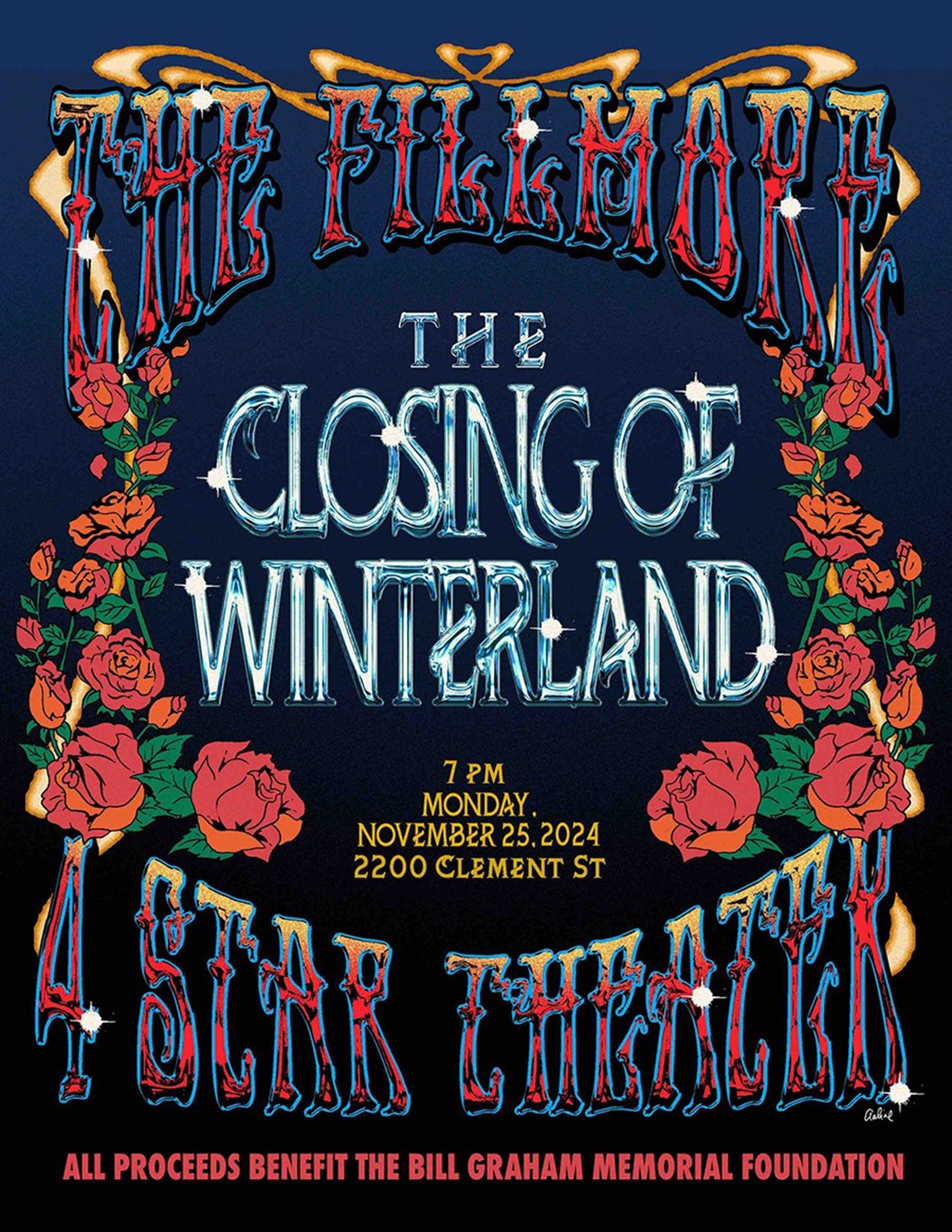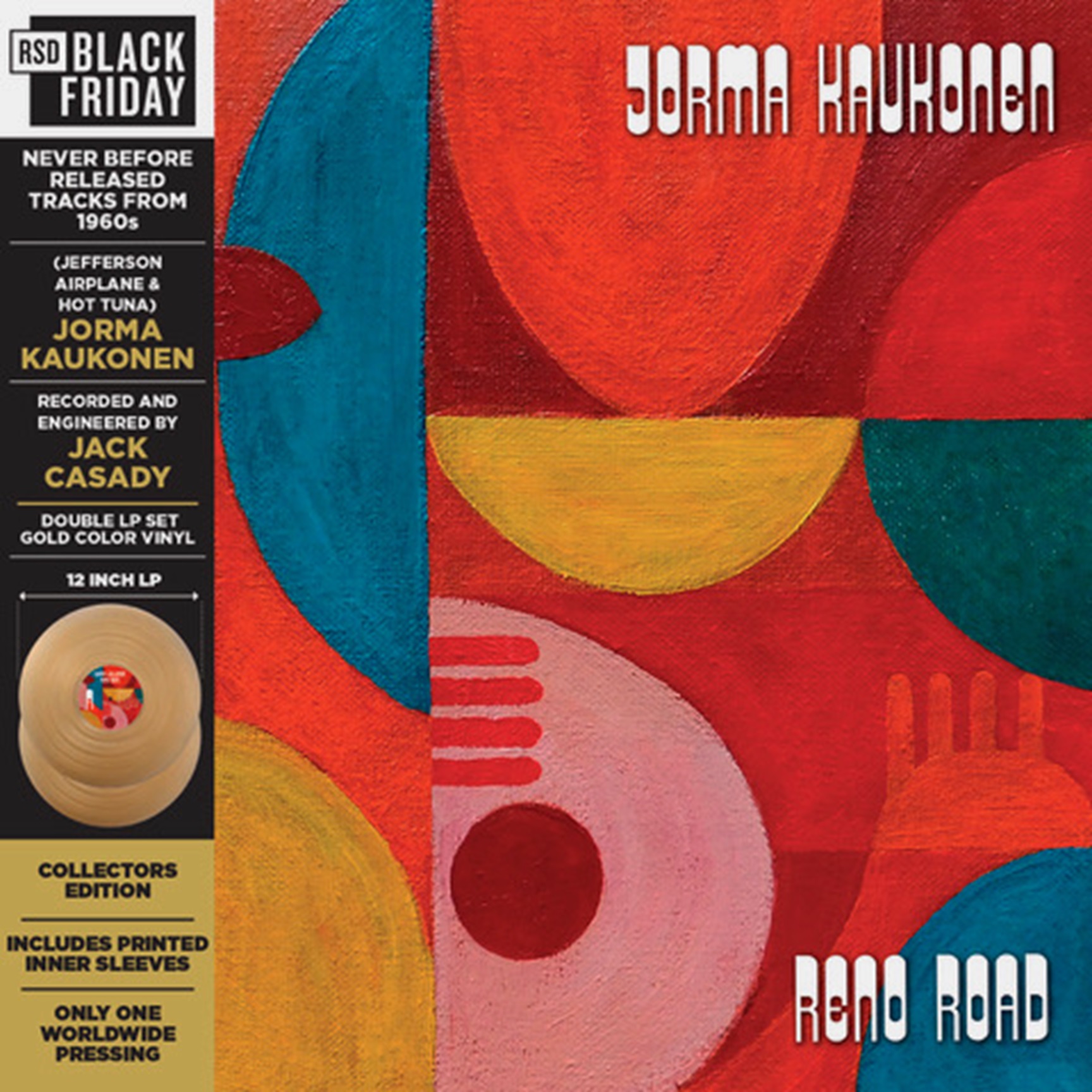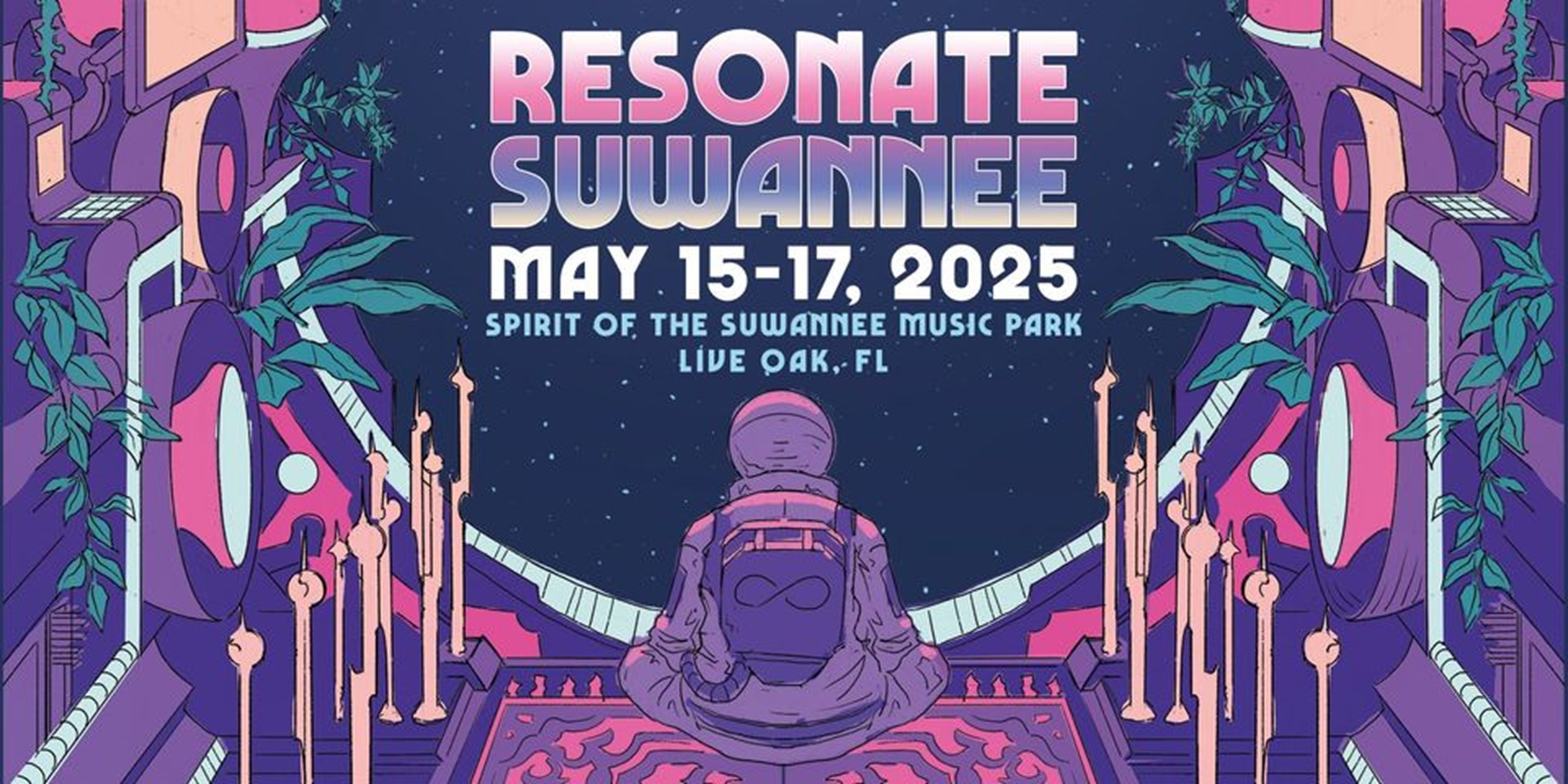How often have we heard the adage, “music is a universal language”? Evergreen’s upcoming album, which features a complete, genre-bent readaptation of Antonín Dvořák’s American String Quartet No. 12, simultaneously corroborates and challenges this age-old claim.
Dvořák composed the original quartet in 1893 while living in America and was deeply influenced by singularly American sounds such as American birds, trains, First Nations rituals, and especially African American spirituals. The piece subsequently entered the canon of classical standards, and as a result of nearly a century and a half of trend developments in classical music, a stylistic distance has grown between performances of the piece and its American roots. The project of the LP is to reinterpret the American String Quartet in genres that derived from the music and sounds that originally inspired Dvořák’s composition.
“I wanted to see this piece through a modern American’s eyes,” Evergreen says. In creating Overture, she imagines an alternate reality in which the first movement of Dvořák’s American tips a hat to the mid-century musicals and sci-fi films she loved as a child. Dream introduces Evergreen as a musical sculptor, bringing a jazz and blues arrangement to the 2nd movement that is creatively executed by Austin jazzers Milo Hehmsoth and Taylor Turner, all while following the original form and melody exactly. Guitarist Chris Melas’s ebullient performance of Step pays homage to Evergreen’s Texan upbringing, pairing the 3rd movement with the huapango rhythms of norteño and the nylon sounds of Latin jazz. Drive celebrates bluegrass and, in medley with the 4th movement, features a snippet of a new song by jamgrass artist Sol Chase.
Evergreen was raised in a classical household and attended a rigorous conservatory for cello performance. However, after several months at conservatory, she recognized that the scope of music available for her study had deepened in technical difficulty but had not broadened in cultural representation. Upon leaving conservatory, she spent the following years studying every type of music she could access, from Afro-Indigenous Brazilian percussion to rock to jazz to bluegrass.
“When the people I was running with in the classical circles used to say ‘music is a universal language,’ I realized that the implication was that classical music is a universal language, and that simply can’t be true,” Evergreen says. “I remember a visit to my grandmother, a Chinese woman who had never heard western music until China opened its borders in 1980. She was a lover of the great Chinese songs, but she didn’t remotely understand or enjoy western classical music. I realized that music is a universal form of language, in that every culture and community has a way to express emotionally through sound. However, similar to language, each culture also develops music in amazing ways to express what they need. Cultures also have different emotional messages to convey based on their histories, their internal community structures, and their relationships with other cultures and the Earth. I needed to learn more about this in order to properly feel I was learning the language form of music.”
Delicious Vignettes Of Recent American Kind was recorded with top-notch musicians at Scary American Studios in Austin, Texas, and will be released on March 31, 2023. The musicians featured in the various movements are experts of the genres reflected, as proper representation is a key component of the creation process for Evergreen. With this album, Evergreen hopes to give new eyes to an old piece and advance a conversation about genre representation in music academia.






















